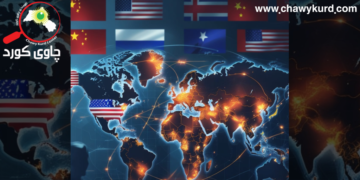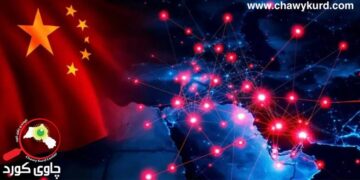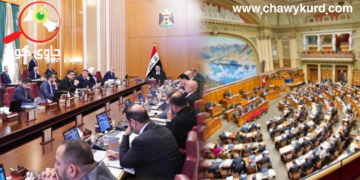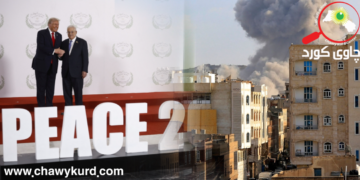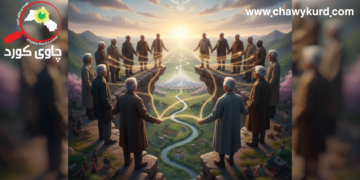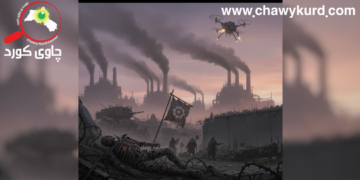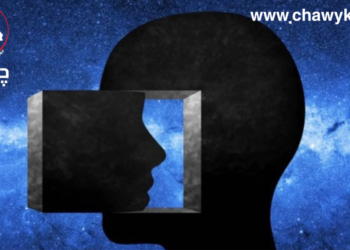There are no differences between minds of men and women and are now capable is considered by knowledge. Women’s literacy and knowledge levels are also increased, but violating chains of thousands of years of traditions and culture is not an easy task and requires a fundamental change in the culture of society (Tal’ui, 2005: 220). Obviously, building a strong society begins with intellectual work and raising awareness because no process of (political, economic and social) can be productive without perfect understanding and thought. If a woman cannot be a thinker, she must be an intellectual. If she cannot be an intellectual, she must be conscious or at least a learner, otherwise it will be difficult for her to deal with other factors. Despite the barriers and customs imposed, women began to write and read, came to the arena of writing and published their beliefs and views on various issues. If writing and literature is a part of creative of human activity, then the products of women’s thought are part of it as well. Since literature is a mirror of the identity, culture, history and background of nations, the product of each writer’s thought stems from thought, experience, believed and worldview, which contains many visible and unknown goals.
It is worth mentioning that women’s literature is not only literary written by women, but also contains the works of many intelligent men who wrote about women’s issues before women came to the field of writing. However, the product of women’s thought is squat in most societies due to lack of freedom, patriarchal domination, many obstacles, as well as marginalization and restrictions due to common and imposed traditions. Certainly, the language of such societies is masculine and cannot reflect the true image of women. Therefore, the existence of a feminine language and women’s pen is expressing their identity, desires, existence, and situation and returning from the boundaries to the significant center.
In modern periods, due to the expansion of educational opportunities and the reduction of social and family restrictions for women, the number of women writers and poets increased. A feminine language appeared in literature. This language does not only mean writing about women, but also include manifestation of women’s thought in enrolling words and analyzing various subjects.
Certainly, the situation of women is part of the situation of society. In free and civilized societies, women can be more visible and participate in the spheres of society and play a role in reforming cultural, political and intellectual fields. Therefore, the living situation affects the product of the writers’ thoughts and becomes a mirror of the social, cultural and political culture of the society in which they live. Thus, each discourse is produced according to a specific circumstance, which analyzes and explains the multifaceted dimensions of the situation of that period. Therefore, women’s discourse must be concerned with individual freedom, justice and protection of human rights, ensure civil society, amend laws and active participation of women in all dimensions of society and lead to social change.
It is appropriate to ask what the discourse of women in Kurdistan is and at what level is it reflected in the changes of society? Why despite the semi-free environment in this part of Kurdistan, after three decades, the rate of insults and disrespect to human beings, women and the culture of feminicide is still on the rise? It can be said that women’s discourse is not a unified and strong common female discourse that brings together all women with their intellectual and ideological differences and work with one hand and one voice to civilize Kurdish society. However, they have divided on diverse groups, tribes and anti-civilization groups and maintain the same historical culture that controls them. As a result of the lack of unity and a common discourse, these free, courageous and independent voices cannot have a full impact on Kurdish society.








